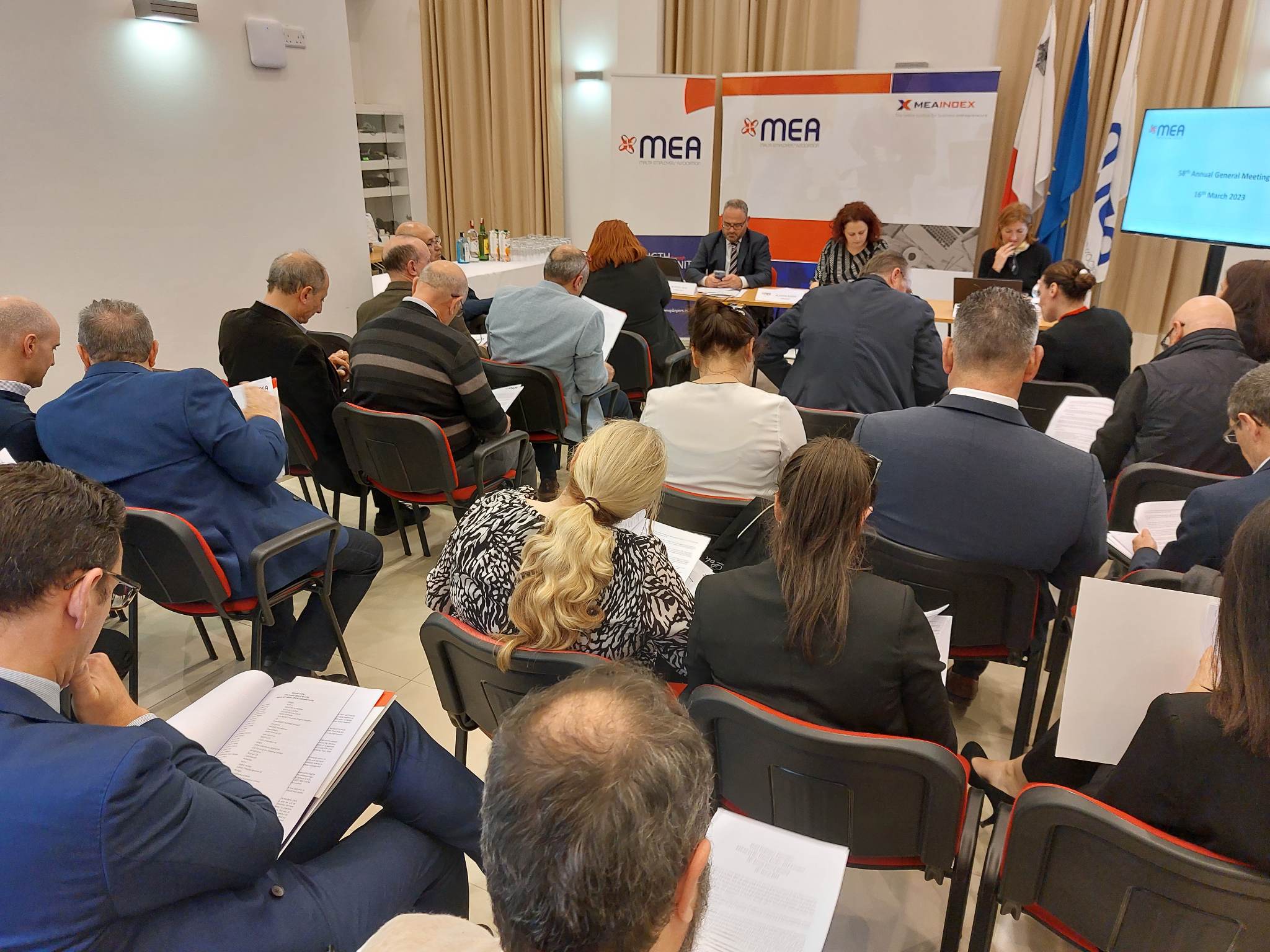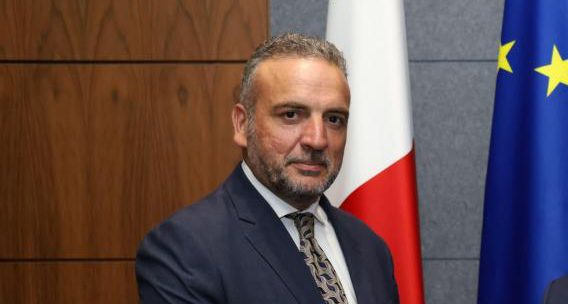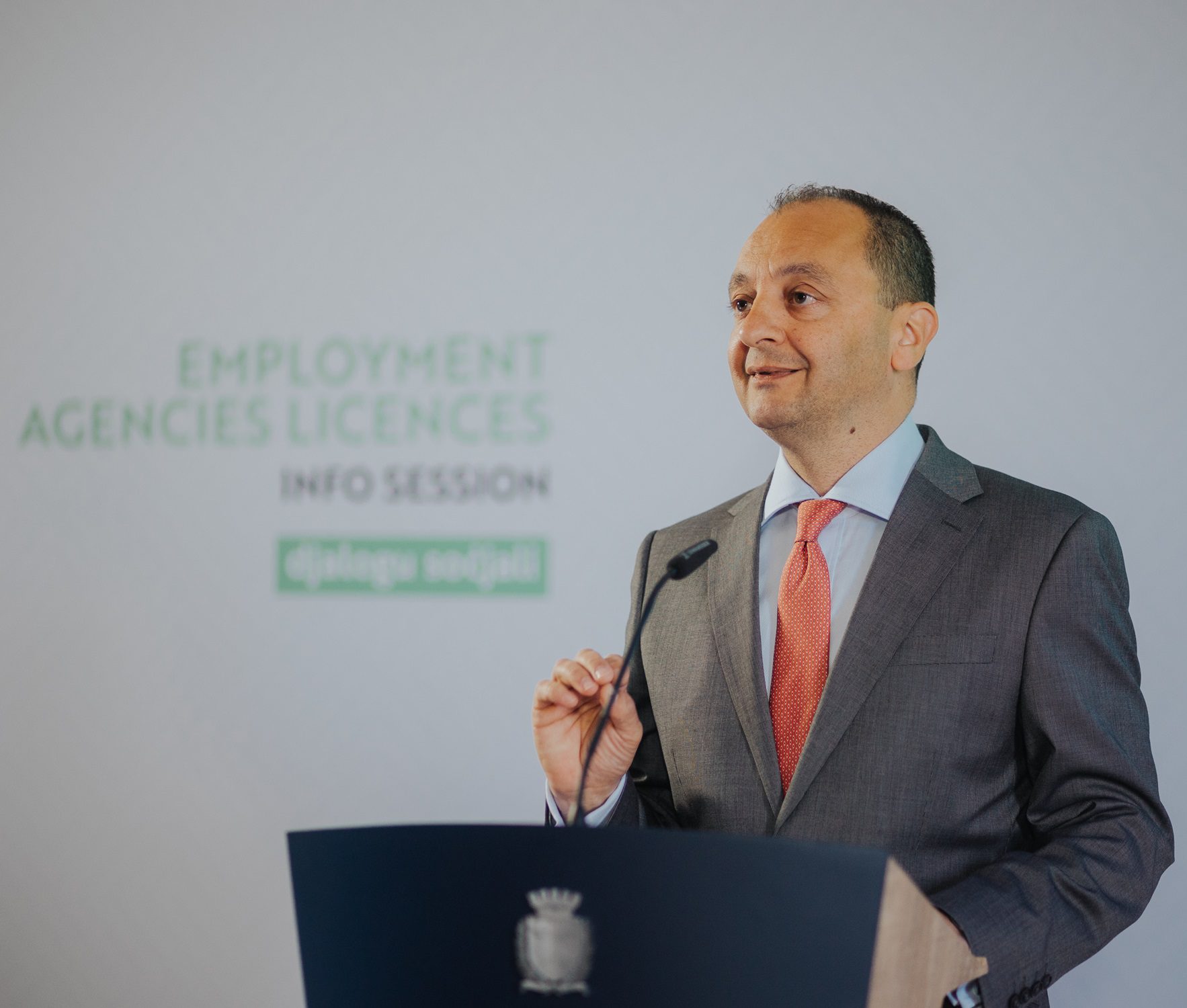There is a new team at the helm of the Malta Employers Association following the an election held during its 58th annual general meeting last week.
The bi-annual elections selected the following persons to serve for the 2023-25 term: Jackie Attard Montalto, Joanne Bondin, Josette Cutajar, Jonathon Ferrito, Michael Mifsud, Stephen L. Muscat, Michael Pace Ross, David Perotti, and Arthur Muscat, who serves as honorary president.
There was also an election of the sectoral representatives on the council. These were: Norman Mifsud (Banking, Insurance and Financial Services), Claire Briffa (Education), Martin Vella (Construction, Electrical, Engineering and Metal), Maronna Filletti (ICT), Stefania Curmi (Gaming), Ivan Refalo (Manufacturing Industry), Norbert Grixti (Hospitality, Tourism and Travel), Matthew Ellul Sullivan (Aviation, Maritime and Transport), Marvic Fenech Adami (Wholesale, Retail and other Commercial Services), Lawrence Mizzi (Parastatal and Government Authorities), and Dolores Sammut Bonnici (Health and Professional Services).
A further election for president and the presidency team will be held at the first council meeting in the coming weeks.
Addressing the meeting, outgoing MEA president Joanne Bondin called on the authorities to take heed of social partners’ recommendations in favour of good governance and employment safeguards.
Ms Bondin strongly mentioned the need for proactiveness by employers in the face of potential challenges brought about by rapid developments in the business environment.
The MEA president said that employers needed to ensure they were ready to adapt seamlessly to the changing socio-economic landscape characterised by rising costs, the continued repercussions of the war in Ukraine and shifting demographics – all of which posed new challenges for businesses.
The MEA, she explained, was centrally placed to support its members to deal with these evolving challenges through the string of initiatives it was actively undertaking.
Ms Bondin went on to comment on the deficit in governance structures at the national level which continues to manifest itself through political scandals coming to light – the latest of which was the Vitals/Steward debacle and the Civil Court’s judgement of the hospital’s privatisation deal as fraudulent.
The MEA, she said, takes no pride in being vindicated for consistently insisting on having better governance structures at various fora including the MCESD and the media when it published its memorandum to political parties last year.
She recalled the MEA’s proposals for full disclosure on all contracts entered by Government with third parties, better transparency and accountability in the engagement of persons of trust, and that parameters that regulate direct orders are respected and enforced.
Furthermore, she said, the MEA had recommended an open discussion about the financing of political parties with a view to separate business and partisan interests whilst avoiding, as much as possible, the creation of fertile ground for corruption.
The MEA president said that, “in the interest of the Islands’ continued socio-economic development, it was high time for such proposals and those of other social partners to be given due consideration”.
Ms Bondin also referred to the current year being designated by the EU as ‘The European Year of Skills’.
The EU is acknowledging that there is a skills shortage across the Union, and the future of the EU is heavily dependent on cultivating a workforce that is endowed with the skills necessary to underpin the competitiveness of its enterprises.
Whilst EU statistics show that as much as 77 per cent of EU companies are facing difficulties in finding workers with the necessary skills, Malta is no different, reaffirmed the MEA president.
“Whilst this proves that the EU is actively seeking to attract talent, labour is mobile even within the EU, and Malta”, she warned, “needs to retain its attractiveness as an employment destination and safeguard itself against a brain drain that can deplete it of indispensable human resources”.
In this context, the MEA has been sensitive to the rapid change in Malta’s demographics over the past decade, she said.
Ms Bondin admitted that some economic sectors depend exclusively on foreign workers to sustain their business. At the same time, an increasing number of young people are leaving Malta to work abroad. Looking ahead, Malta’s birth rate is the lowest in Europe, and amongst the lowest worldwide.
“There is a need for a strategic approach which addresses current and longer-term demographic projections,” concluded Ms Bondin.
ICT sector makes up 10.3% of Malta’s economy, most in EU
Malta was also in the top spots for value added from ICT services and ICT manufacturing
Building and Construction Authority CEO resigns days after fatal construction incident
Jesmond Muscat quits after less than two years in the role
Government launches portal for temping agencies to apply for a licence, following regulations
New regulations, aimed at regulating the sector and diminishing abuse, came into force on 1st April






